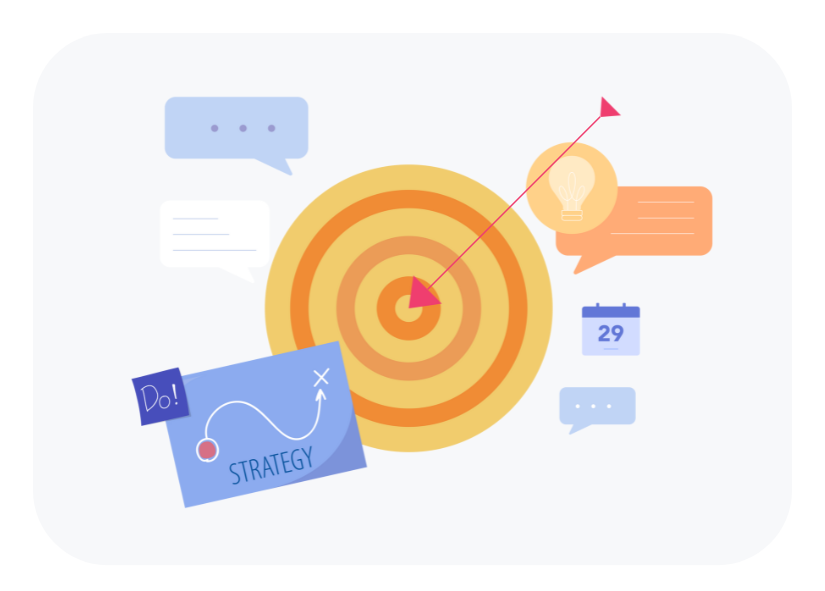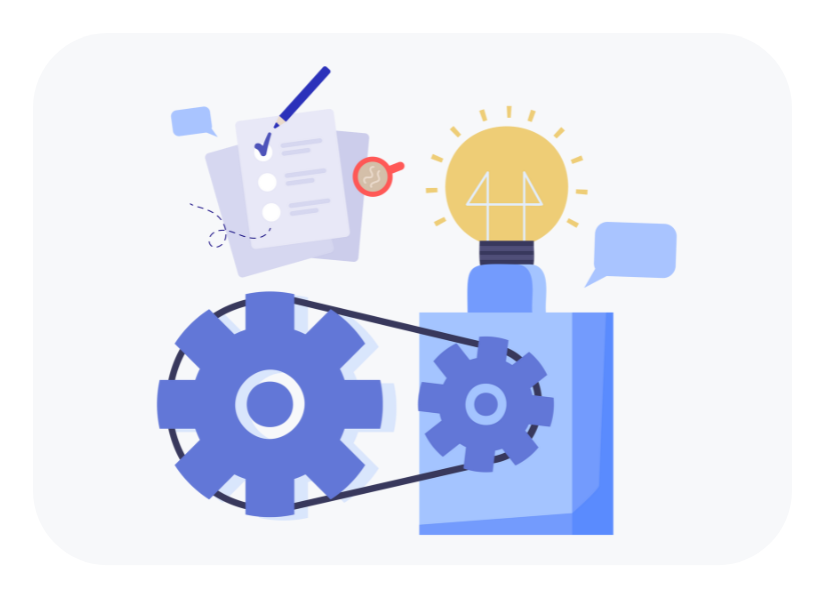In the first and second post of this series we have looked at the following three ways schools waste money and what we can do about it: 1. The principal is not aware of their leadership role, 2. They hire the wrong type of person to oversee the technology in your school, and 3. Spending money on licences for software and becoming too reliant on hardware such as servers.
In this post we will look at an area that flies under the radar of schools. In fact I am yet to find a school that is consciously aware of this money trap!
4. Thinking programs, not steps
As educators we are taught to think in terms of programs. We have teaching programs, school wide programs, discipline programs, reading programs and the list goes on!
At a school wide level we are driven to think in terms of programs because our programs are linked to funding. The problem is that often this funding is given in short cycles and so our programs need to be constantly updated and changed so as to keep attracting the funding on offer.
There has been a considerable amount of money thrown around under the national partnerships scheme in Australia. Unfortunately, from my observation, there were very few schools with original ideas on how to best use the money to bring long term benefits to their school.
What seemed to be happening was that most schools were copying each other’s ideas. Yet they were failing to ask the vital questions that would have led them to discover that a large number of the programs funded made little if any discernible change in the school that lasted past the funding period.
The problem with this approach is that we don’t get any long term benefits from the program and we start to see a students progression through school as a series of programs, not steps. Rather than looking at the big picture and determining what steps we can put in place to help our students progress, we see our students as graduating from one program to the next.
What can you do about this:
There are no quick an easy fixes to this problem. It will require the executive leadership team, and at some stage the whole staff, sitting down and working out a plan that progresses a student from the first year they arrive at the school to the year they leave.
Some of the areas that need to be considered in the global budget (outside of the regular programming for each subject or year cohort) are:
- A co-ordinated and progressive development of I.T skills (for both teachers and students)
- A co-ordinated approach to developing interpersonal relationships
- An ongoing system of developing leadership and citizenship amongst the student body
- A co-ordinated approach to the professional development of the staff (we will look at this in the next and final post in this series)
What would you add to the list?

















